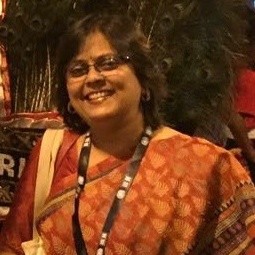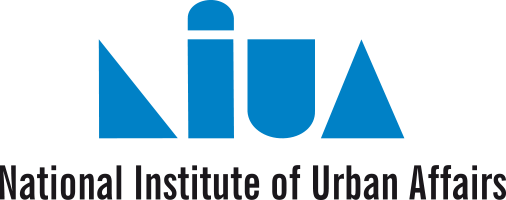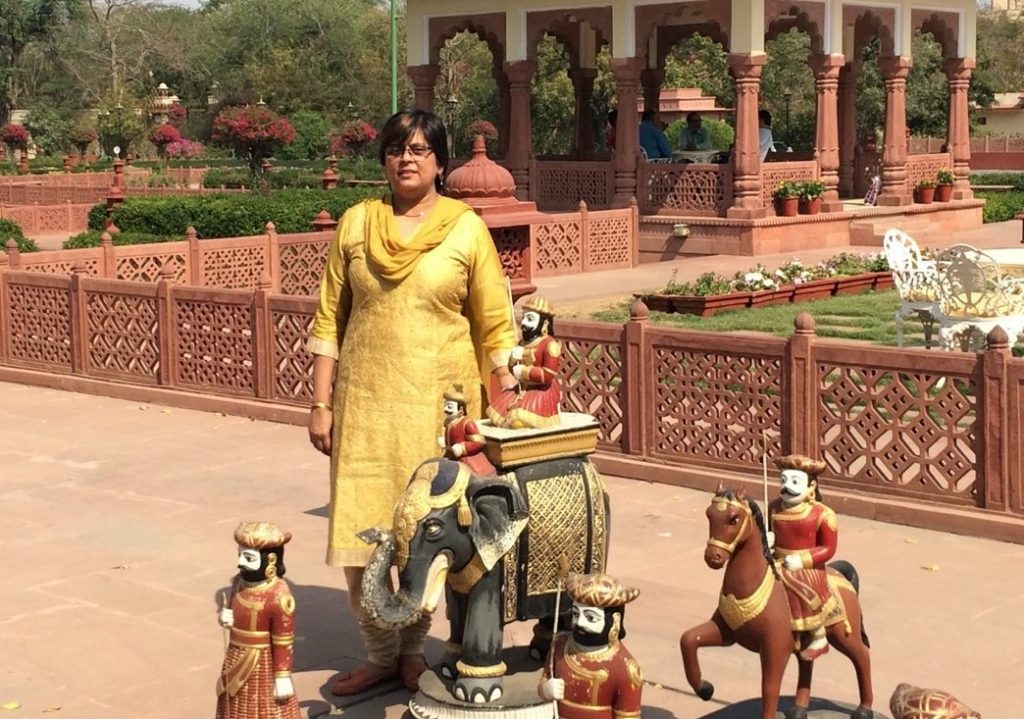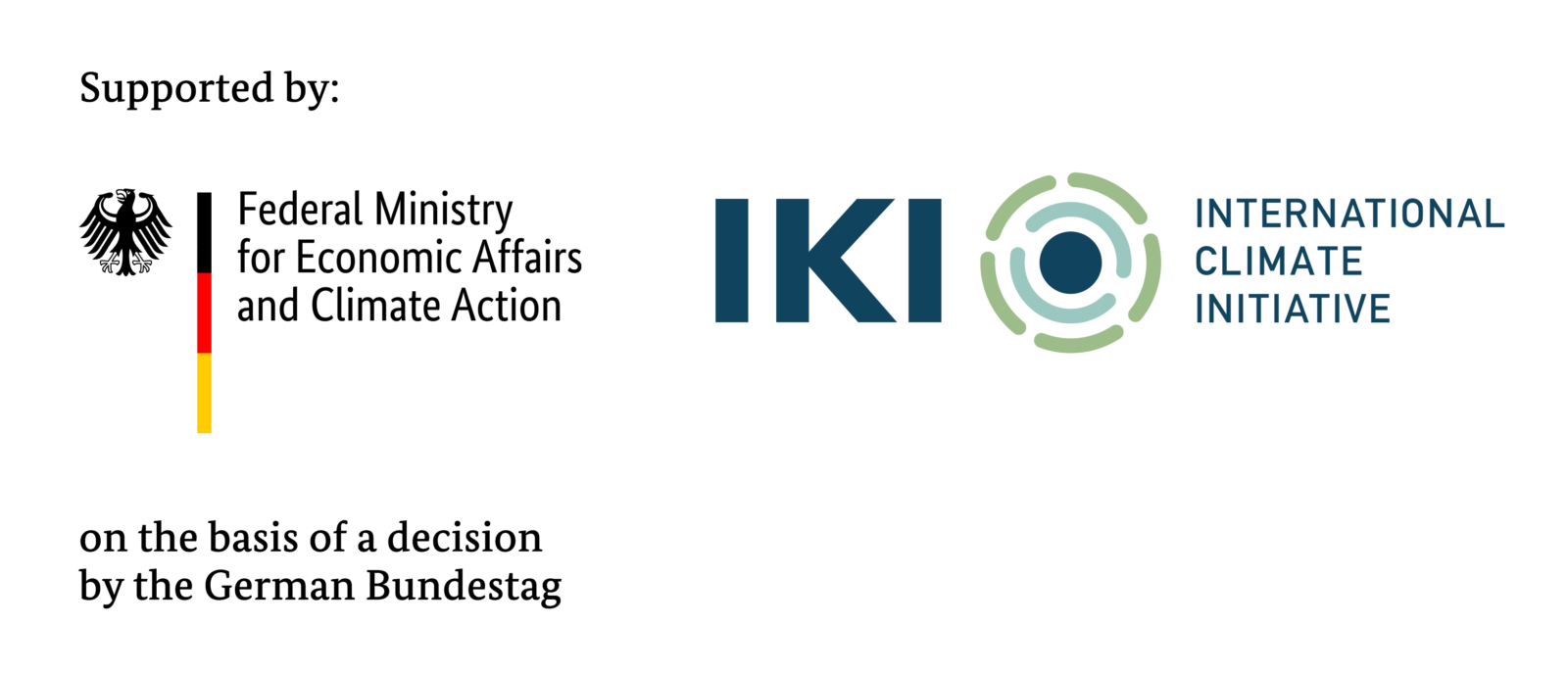Interview with Dr. Debjani Ghosh, MGI Local Coordinator and Associate Professor at the National Institute of Urban Affairs in New Delhi
Mitigating CO2 emissions is a very important contributor towards making cities resilient. I hope the story of the three cities will pave the way for more applied research in the global urban scenario for mitigating local level climate change


Q.: Please describe your work within the project in three words.
A.: Management, Coordination, Teamwork
Q.: What does a typical working day look like for you?
A.: I work on multiple projects at NIUA, so I need to attend to a variety of activities. Currently, I manage three projects that roughly fall under the themes of urban governance and smart data, capacity building as well as climate change mitigation and adaptation.
A typical day at work is filled with planning for upcoming work deliverables, execution of tasks, stakeholder meetings, ministry and city level interactions as well as team briefings and exchange with project partners. Since NIUA is a policy level think tank for the government (Ministry of Housing & Urban Affairs), a big part of the work consists of providing support for all urban issues.
Q.: Tell us about your way into the project. How did you become involved in it?
A.: Since the project is being implemented under the Indo-German Joint Agreement, and NIUA represents the Ministry of Housing and Urban Affairs of the Government of India, Fraunhofer India had approached NIUA to be a part of the MGI project in 2018. Since the work for the formerly called “Kochi Smart City Innovation Lab” aligned with my other projects in Kochi, I became involved with the Morgenstadt Global Smart Cities Initiative.

Q.: Speaking from your present experience: if you could go back, which advice would you have liked to give to yourself at the beginning of the project?
A.: I would complete all the administrative procedures relating to commitment of partners in the city lab as that is a crucial component in operationalizing the project.
Also, we have been lucky that the on-site in Kochi was conducted safely and successfully in January 2020 before the pandemic struck at such a global scale. In this context, we have adapted quite well, and I would just prepare myself more mentally for the remote working arrangement and probably streamline the project in such a way that enables us to effectively deliver our requirements via online modes.
Q.: What do you wish for in the future of the project?
A.: For the future, I certainly wish for smooth bureaucratic processes at the local level. It would be great if the technical research and the pilot project go well within the local context of Kochi and we are able to scale up the urban solutions to other parts of the city or even to different cities in India and across the world. I hope this spells a beginning for future collaborations and networking among the partners.

